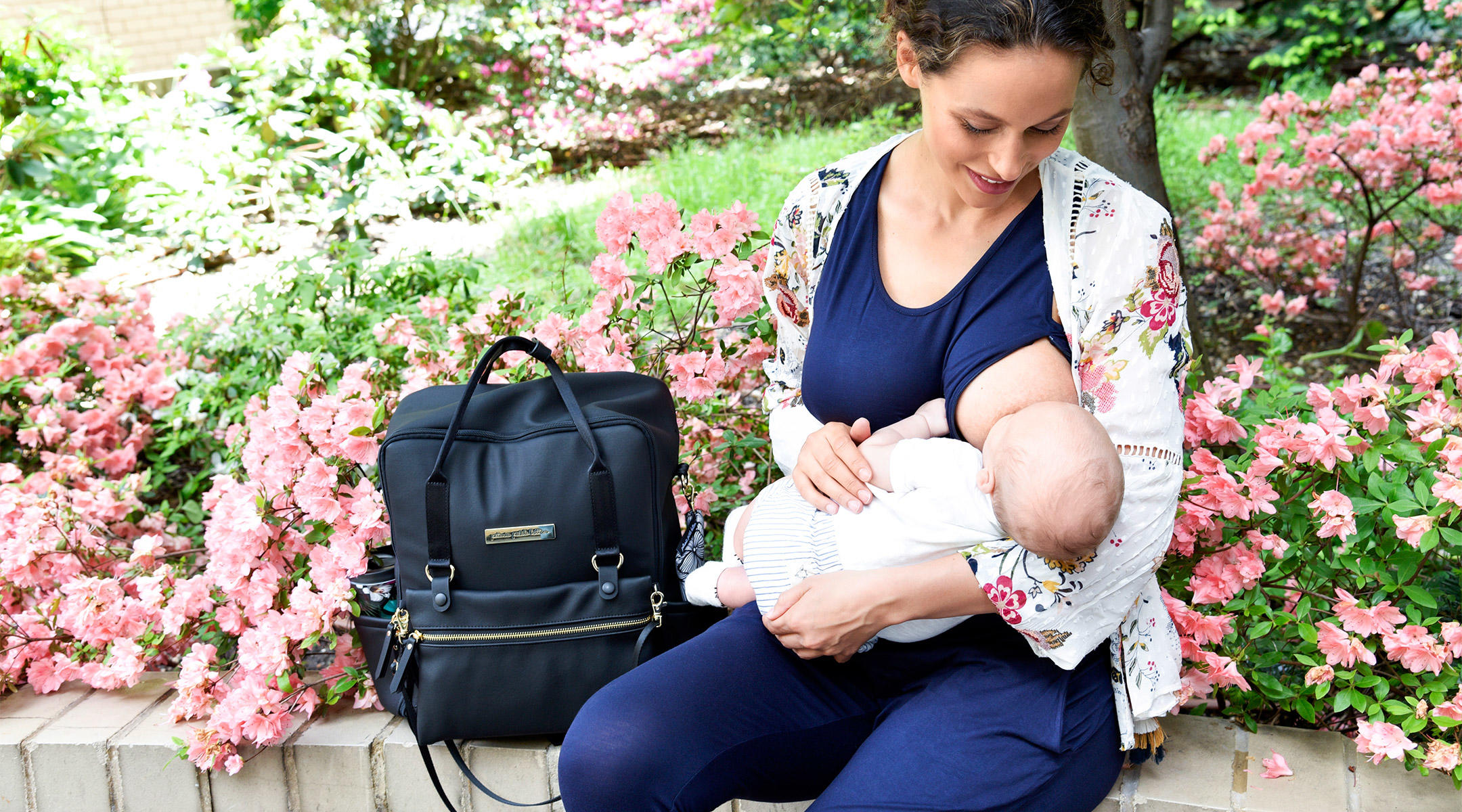If you're able to weed through all the information and opinions and finally decide whether you're going to breastfeed your baby, then comes the hard part—learning how to do it. Enter the lactation consultant. Alissa Gomez-Dean, certified lactation consultant with Breastfeeding USA and mother of three, says there are three types of consultants, who range from international board certified lactation consultants (IBCLC), who have the most training and are considered experts; to middle range certified lactation consultants; to volunteers/mothers who don't have accreditation, but who have "been there, done that." Gomez-Dean answers common questions she hears from breastfeeding mothers:
Why to choose a lactation consultant? In the past, women simply relied on advice and support from friends and relatives, but if they didn't know someone who breastfed, they were stuck. Lactation consultants have increased in popularity because women can turn to certified experts for advice if they have no other support system. "Breastfeeding can be hard, especially if you have nobody to ask questions to or turn to for support. It can be scary when you don't know if you are 'doing it right.' Consultants are there to answer questions, identify issues, such as tongue ties or latching problems, and come up with solutions with the mother as well as reassure mothers when they worry about things, such as low supply or if baby is getting enough. They can also help mothers with issues, such as pumping and returning to work, preemie babies, relactating or using supplemental nursing systems (sns)," Gomez-Dean says.
Serves beneficial for both new and veteran mothers. Gomez-Dean says every breastfeeding relationship is different, and even mothers who have previously breastfed are still likely to have questions. In the end, it's nice to have someone knowledgeable to turn to, should the need arise.




